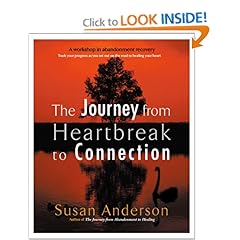
According to http://www.abandonment.net/:
Abandoholism is similar to the other ‘oholisms, but instead of being addicted to a substance, you’re addicted to the emotional drama of heartbreak. You pursue hard-to-get partners to keep the romantic intensity going, and to keep your body’s love-chemicals and stress hormones flowing.
You are addicted to the high stakes drama of an emotional challenge and the love-chemicals that go with it. Abandoholism is driven by both fear of abandonment and fear of engulfment.
You only feel attracted when you’re in pursuit. You wouldn’t join any club who would have you as a member, so you’re always reaching for someone out of reach.
You may also be at risk of being an Abandophobic. One who is so afraid of rejection that they avoid relationships altogether.
The book, "The Journey from Heartbreak to Connection" by Susan Anderson, may help you understand and fix the self sabotage.

Check out the Orange County ACA website at: Orange County Adult Children
